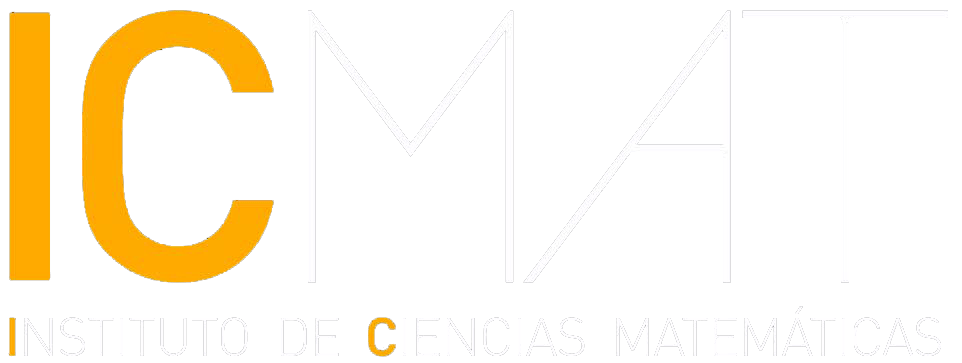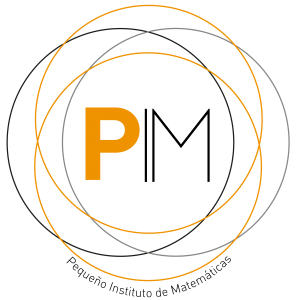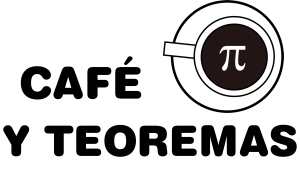Q-Math Seminar
Empirical distributions and strong laws of large numbers in categorical probability
Speaker: Tomáš Gonda (University of Innsbruck)Date: Tuesday, 21 January 2025 - 13:00Place: Room 2.2.D08, Universidad Carlos III de Madrid
Online: https://eu.bbcollab.com/guest/22f7877a774148a3aee3e398a4a86380 (active on request)
Abstract:
The Glivenko–Cantelli theorem shows that relative frequencies of events in an IID sequence converge to the original distribution one takes samples from. In this work, we provide the tools to study limits of relative frequencies, i.e. empirical distributions, in categorical probability. We identify two axioms, permutation-invariance and empirical adequacy, that a morphism should satisfy so that it can be interpreted as a map that takes an infinite sequence and produces a sample from its empirical distribution. Since not all sequences have an empirical distribution, it must be a partial map. To model these, we develop the theory of quasi-Markov categories, a variant of Markov categories in which morphisms need not have a well-defined output for each input. Our main contribution there is a construction that adds partial morphisms to a Markov category in a way that preserves many of the key properties of the original Markov category.
Assuming that idempotents split and the two axioms, we derive representability (correspondence between Markov kernels and distribution-valued measurable functions) and prove abstract forms of the (strong) law of large numbers and the de Finetti theorem.
We also provide several concrete constructions of such empirical distribution morphisms for measure-theoretic probability. In this way, our abstract LLN can specialize to the Glivenko-Cantelli theorem and the strong LLN respectively.


